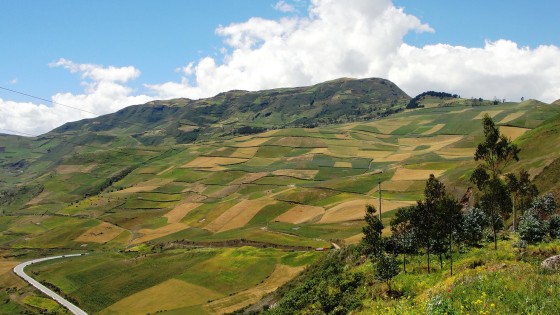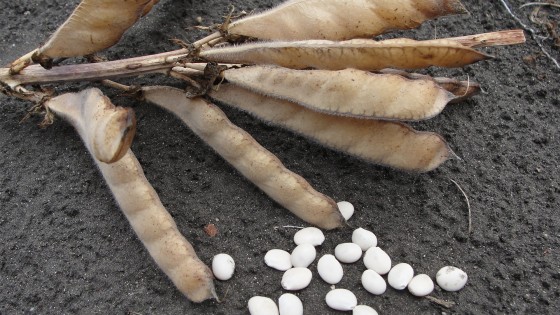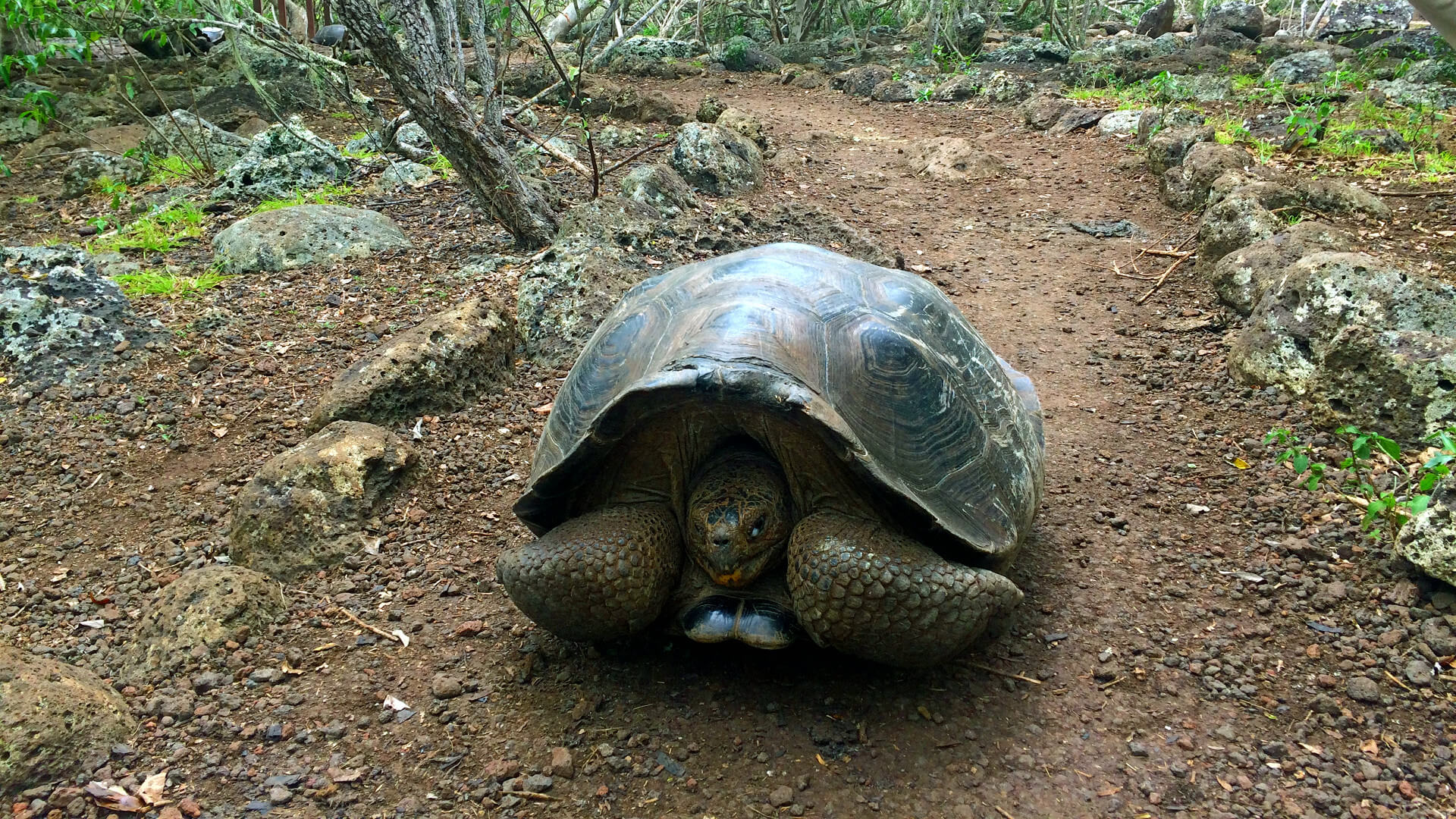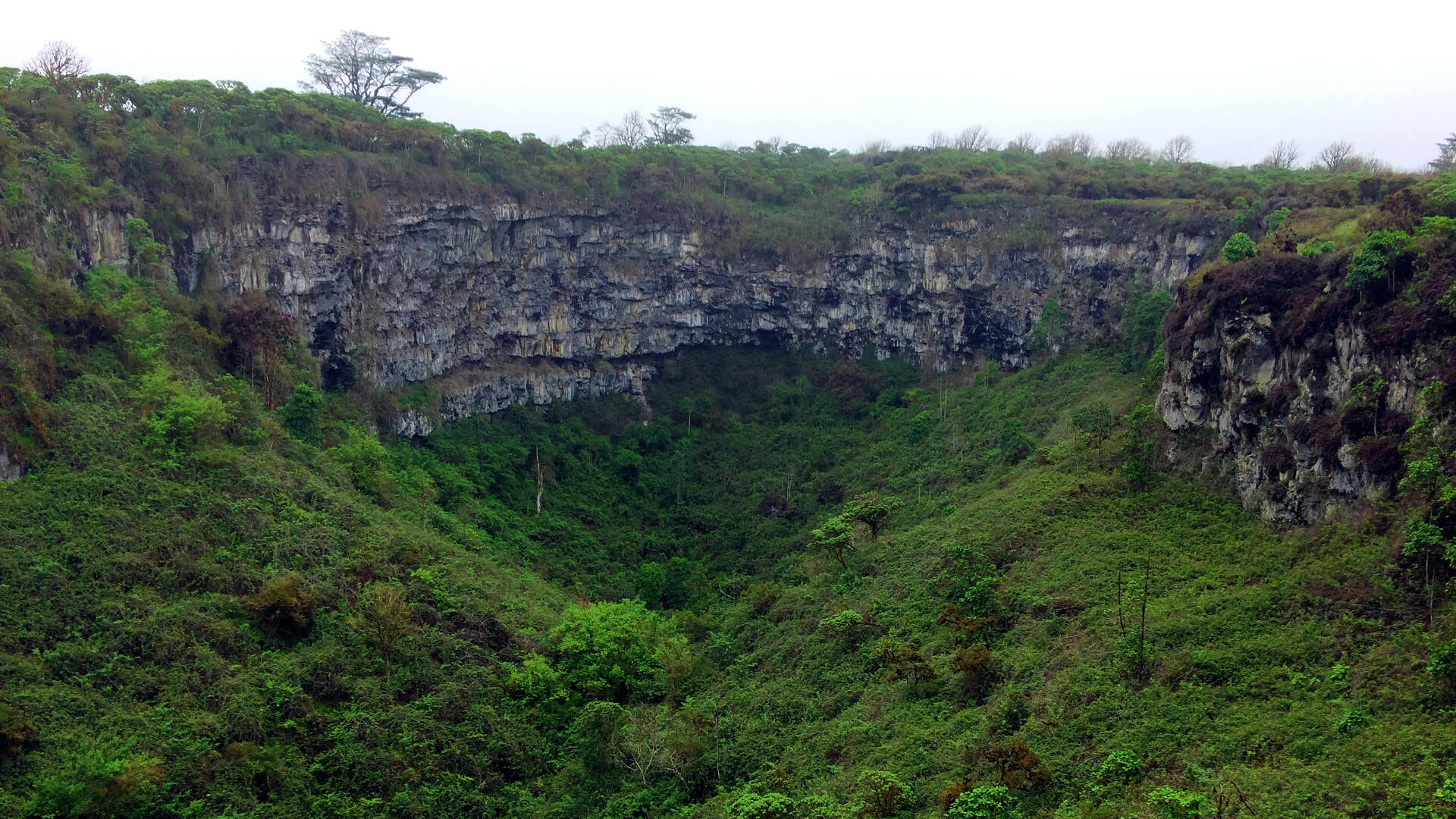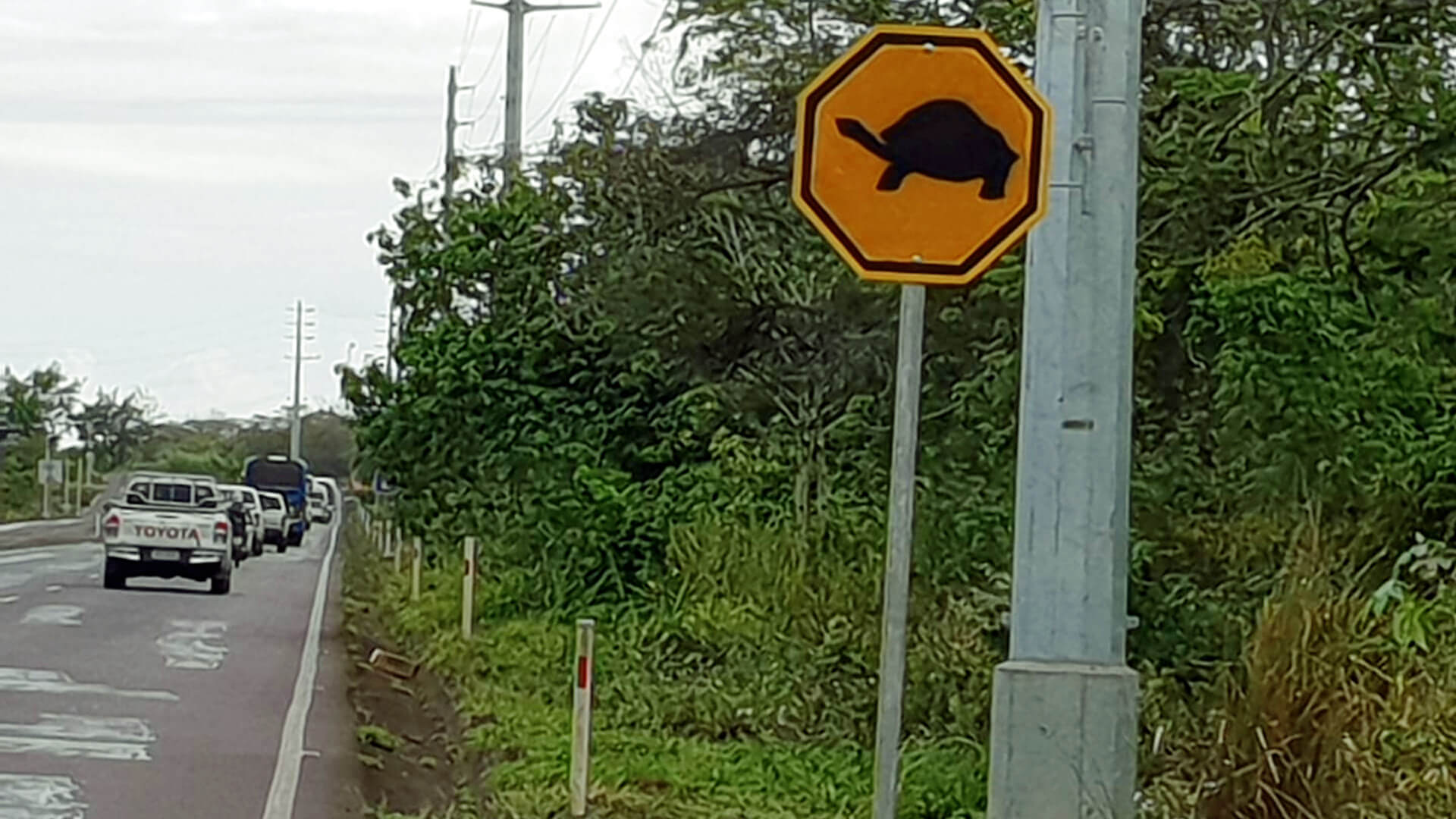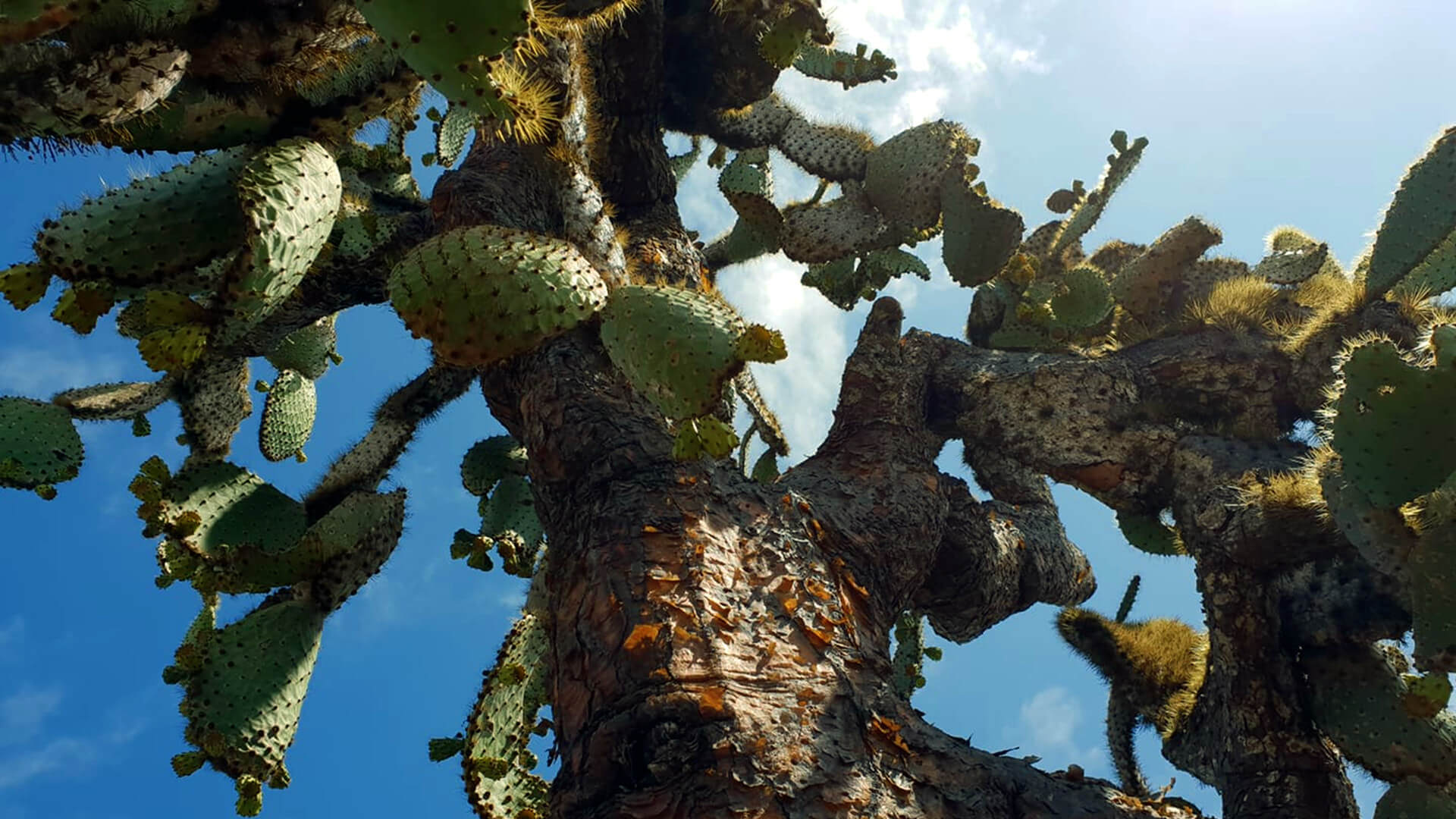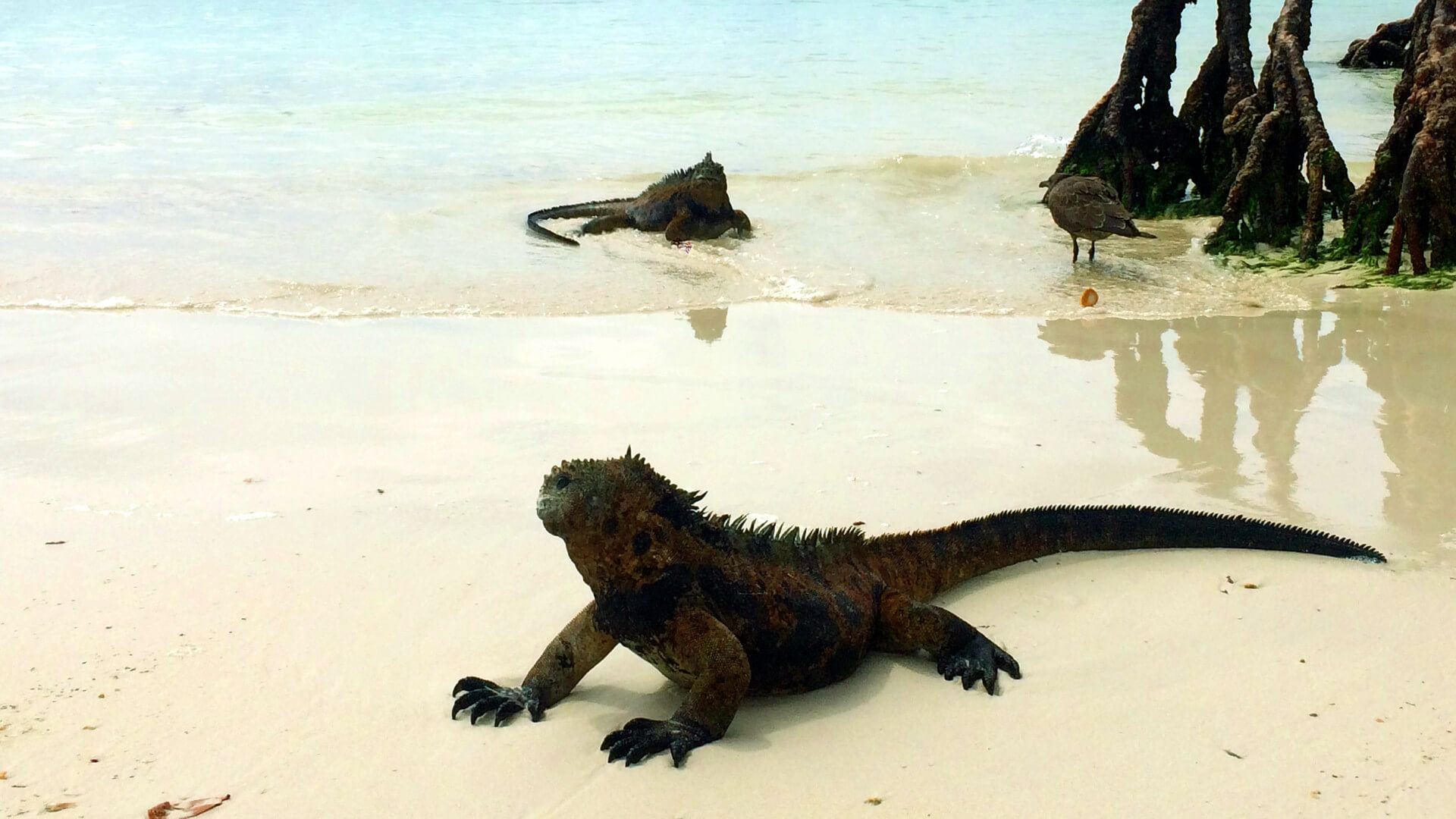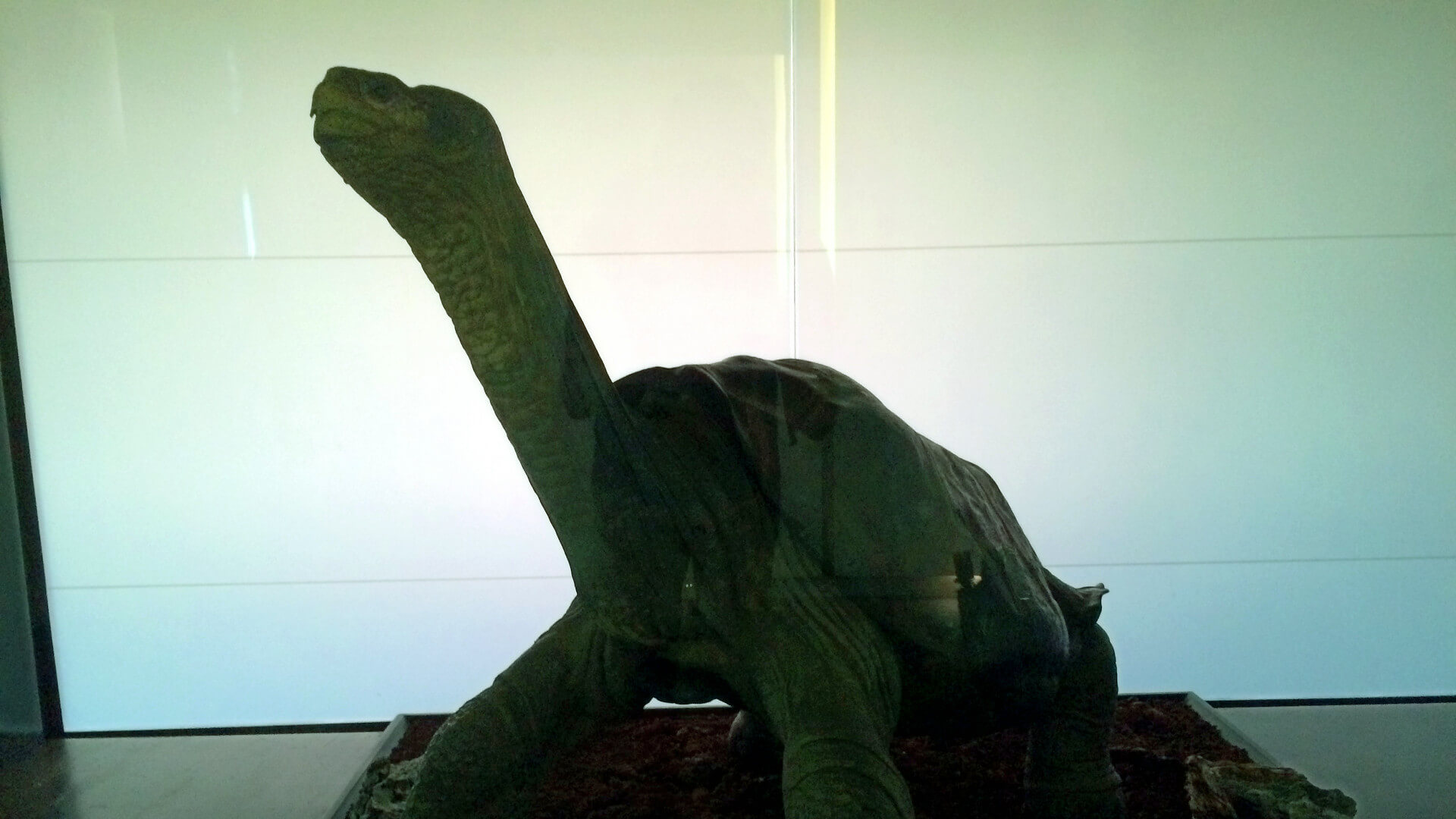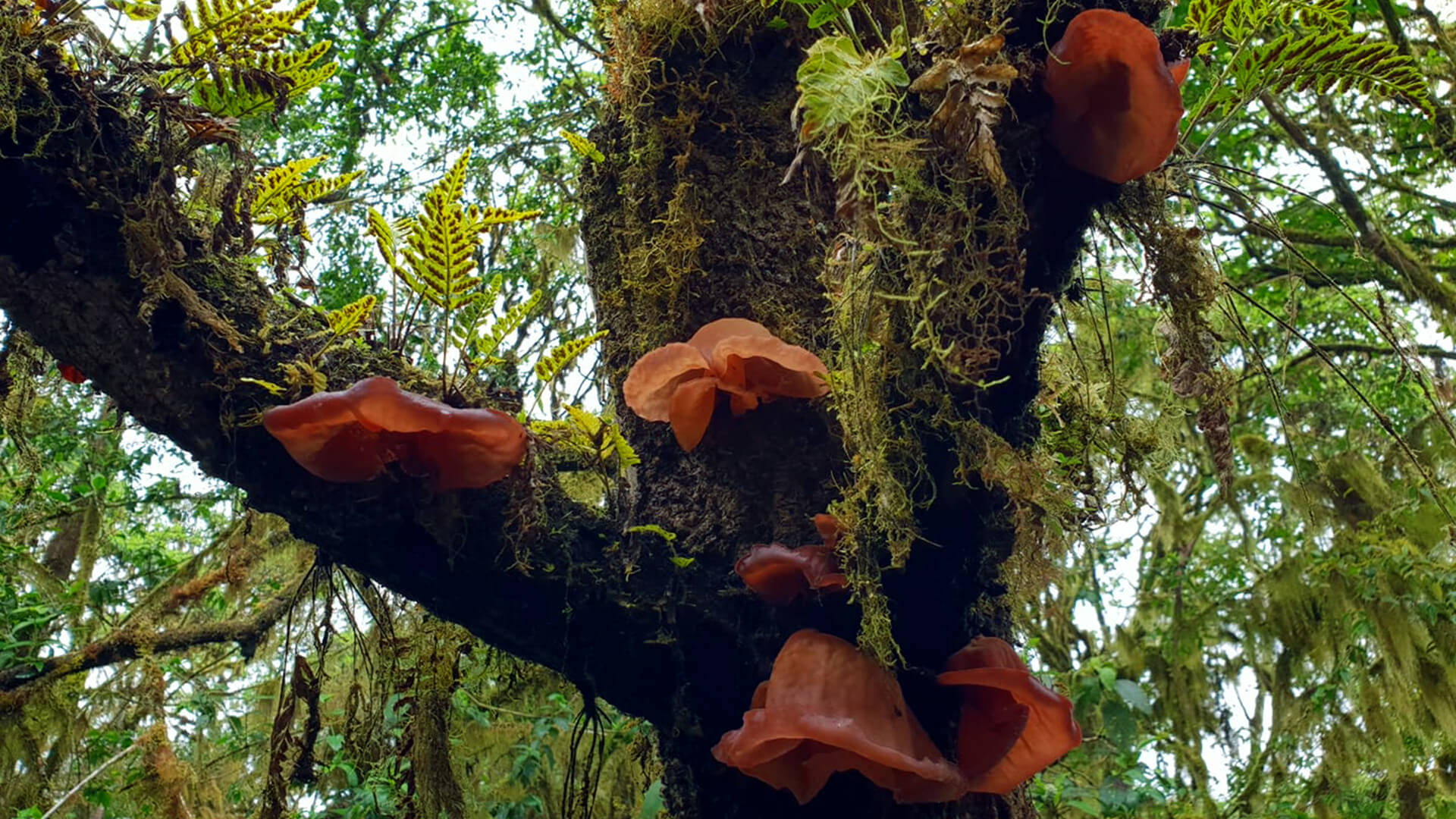International Lupin Conference XVII
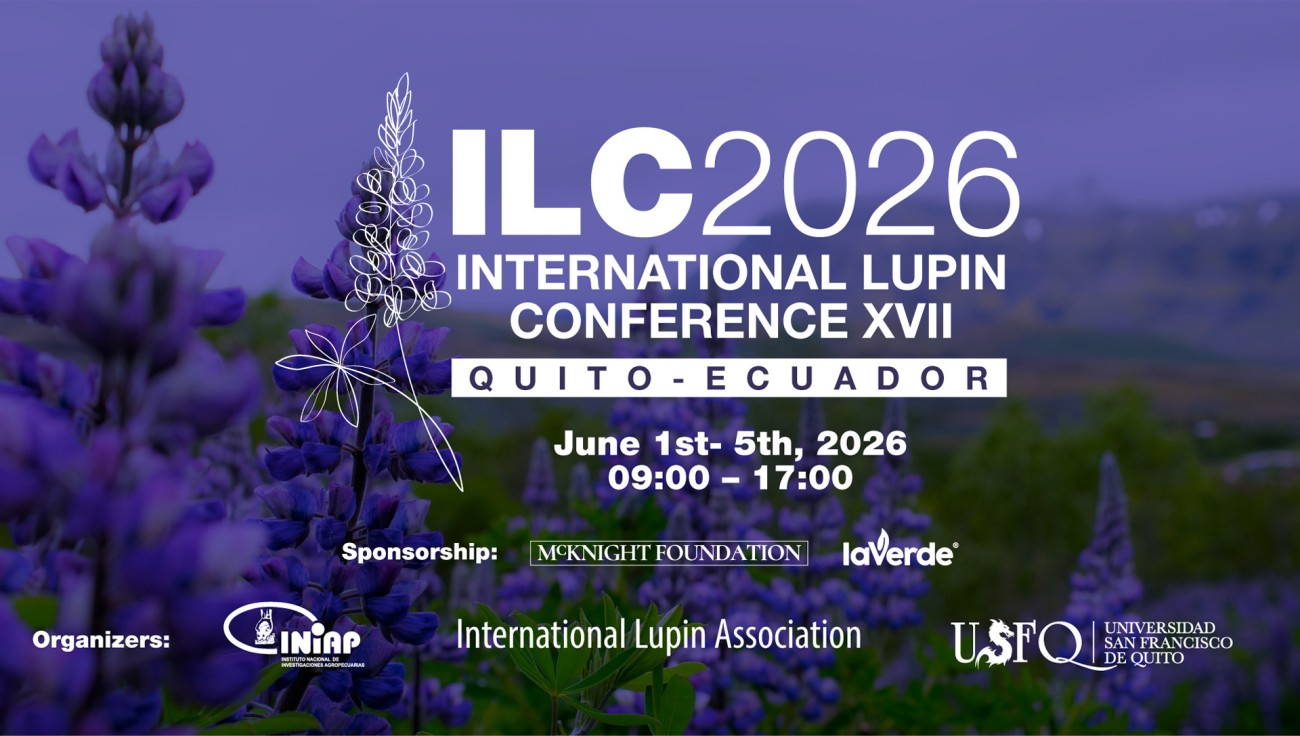
As the proud host of the 17th International Lupin Conference, Universidad San Francisco de Quito (USFQ) warmly invites academics, professionals, and stakeholders to join us in Quito, Ecuador, from June 1–5, 2026. This global event offers a unique opportunity to engage with experts from research, academia, industry, and commerce, and to explore the latest developments in biodiversity, plant breeding, crop management, food technology, agroindustry, health, and emerging markets. Attendees will enjoy insightful sessions led by distinguished keynote speakers, a wide array of presentations, and numerous opportunities for networking through poster sessions, fairs, field visits, and receptions—all hosted at USFQ’s exceptional on-campus conference and exhibition facilities.
There will be simultaneous translation between Spanish and English, as well as English and Spanish.
Themes
The XVII International Lupin Conference will be organized into four general areas:
1. Biodiversity, Breeding and Crop Management
- Genetic Improvement.
- Biotechnology.
- Plant Physiology and Protection.
- Taxonomy, Biodiversity, and Agroecology.
- Agronomy, Soils.
2. Food/Feed Science and Technology
- Agroindustry.
- Product design.
- Human consumption.
- Animal consumption.
3. Lupin Omics
- Functional Analysis.
- Biochemistry.
- Nutraceuticals.
- Genomics.
4. Health & Markets
- Emerging Markets.
- Agribusiness.
- Nutritional Value.
Keynote & Invited Speakers

Dr. David McNaughton
Soya UK Ltd.

Dr. Jon Clements
Australian Lupin Beans.
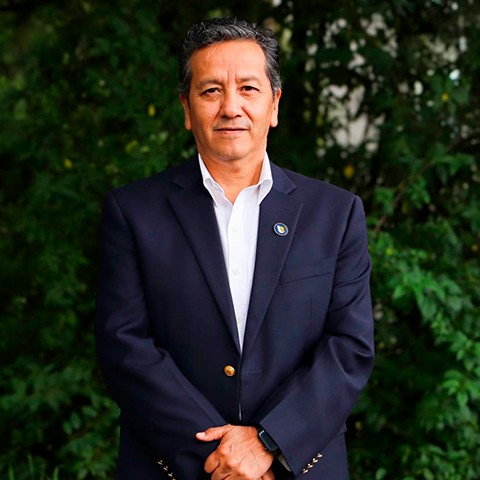
Dr. Manuel Baldeón
Universidad Internacional del Ecuador,
UIDE.

Dr. Olivier Dangles
IRD,
Montpellier, France.
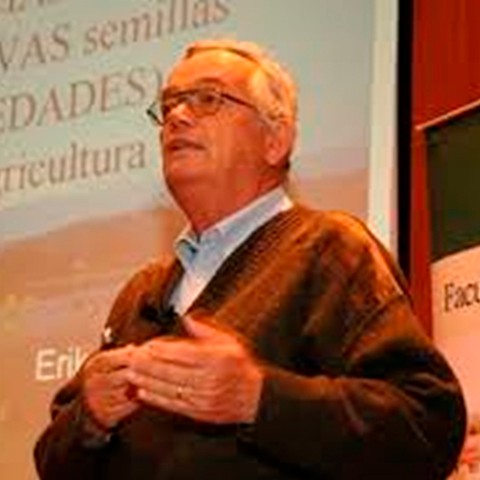
Dr. Erick Von Baer
Semillas Baer,
Chile.
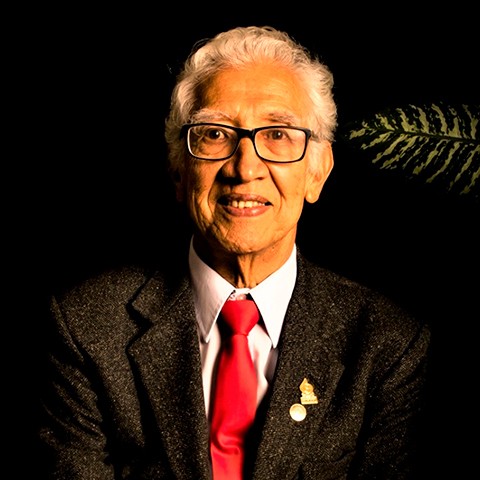
Dr. Mario Tapia
Universidad Nacional Agraria La Molina y
AEDES-Arequipa,
Perú.

Dra. Elena Villacrés
INIAP.

Dr. Francisco Carvajal
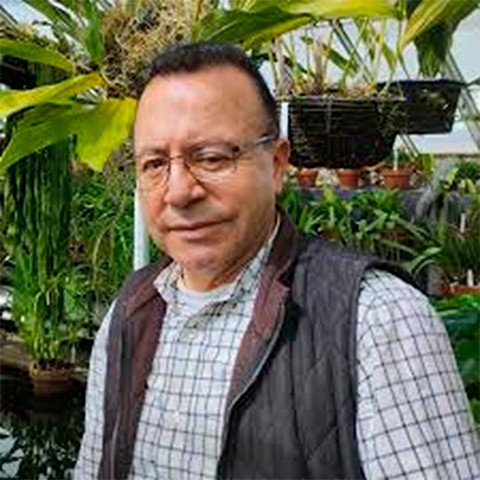
Dr. César Falconí
Universidad de las Fuerzas Armadas,
ESPE.
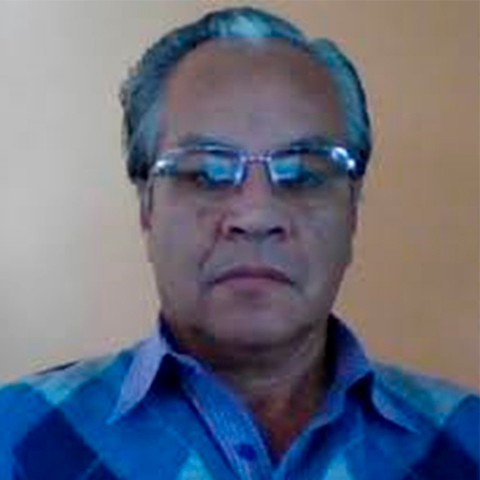
Ing. Eduardo Peralta
ex investigador de INIAP.
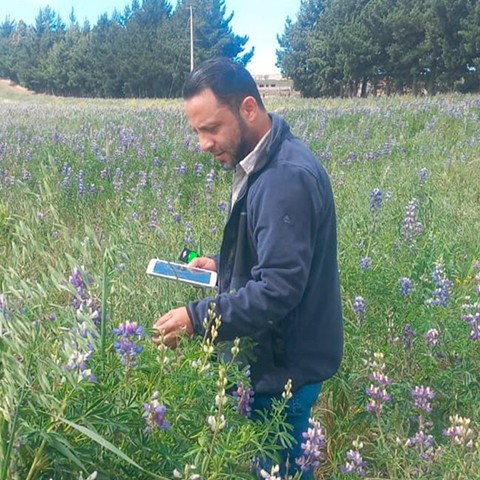
Dr. (c) Diego Rodríguez
INIAP.
Our Sponsors
Organized by:


With the support of:



Conference Program
The conference will be held from June 1–5, 2026, at the Cumbayá Campus of Universidad San Francisco de Quito (USFQ), as well as in Sigchos, located in the provinces of Cotopaxi, Ecuador.
We have prepared an exciting four-day scientific program featuring presentations on lupin research, development, and innovation from projects around the world. The conference kicks off with a welcome cocktail and opening event on the evening of the 1st of June. The second and fourth day of the event, participants will attend the conferences and poster sessions, and a commercial fair of lupin made products. On the third day, participants will enjoy a field trip to visit local farmers and industry representatives, providing a real-world look at lupin cultivation and its value chain.
The 17th International Lupin Conference includes four themed scientific sessions: biodiversity, plant breeding & crop management; food technology & agroindustry; Lupin Omics, and health & emerging markets. These sessions will feature keynote lectures, invited speaker talks, and selected oral presentations, offering participants a comprehensive view of the latest research and developments related to lupin.
A dedicated poster session will provide an additional platform for interaction with the broader research community. It will encourage dynamic discussion and informal networking between junior and senior researchers, as well as industry representatives from around the globe.
The social program includes a warm icebreaker event, a welcome reception and a conference dinner. These activities are designed to foster meaningful connections in a relaxed and engaging environment.
Stay tuned—our exciting 17th International Lupin Conference program will be available for download soon!
Contact:
In case of any questions regarding the conference program, do not hesitate to contact the organizing committee, by sending an e-mail to: 17lupinconference@iniap.gob.ec
Registration
The 17th International Lupin Conference registration is open!
The conference is going to take place June 1st-5th 2026 at the Cumbayá Campus of Universidad San Francisco de Quito - USFQ, in Quito, Ecuador.
We are happy to see many new registrations. To secure your attendance, please register as soon as possible. Registration close at 200 participants.
Participation fees:
There are two types of full registration, each with a different deadline: Early Bird, and Regular.
| Student | Academic/Non Profit | Industry | |
|---|---|---|---|
| Early Bird Closes January 31st, 2026 |
250 | 350 | 450 |
| Regular Closes May 27th, 2026 |
300 | 400 | 500 |
Full registration includes the following:
- Access to all lectures, discussions, and poster sessions.
- Program Booklet, proceedings.
- Free Wi-Fi during the conference.
- Monday welcome reception.
- Morning coffee breaks
- Lunches
- Afternoon coffee breaks
- Field day, Excursion off-campus (Thursday).
- Social dinner (Wednesday evening).
- Official participation certificate (post-conference, digital).
Registration
The Registration Portal to participate is now open!
Participation policy and rules of conduct
- The organizing committee of the 17th International Lupin Conference encourages open discussion on social media (Twitter, Facebook, Instagram, etc.) and blogging platforms before and during the Conference.
- The participants and presenters are allowed and encouraged to oral presentations on social media. Be sure to include the official hashtag, #LupinConference2026 when sharing photos or other snippets of your time at the conference on Twitter and elsewhere on social media.
- By participating in the conference, the presenter acknowledges and agrees that their presentation slides may be photographed and shared on social media by other attendees. Should they wish to not share their presentation with outside audiences, the author should clearly mention this in the first slide of his/her oral presentation, or poster.
Cancelation Policy
Registration fees will only be refunded if the notice of cancellation is received by the organizing team before April 30, 2026.
The cancellation fee is $100.
Cancellations after this date and no-shows are not eligible for a refund.
Contact
In case of any questions regarding the registration process, do not hesitate to contact the organizing committee, by sending an e-mail to galban@usfq.edu.ec
Call for Abstracts
Abstract submission for oral and poster presentations at the 17th International Lupin Conference in Quito, Ecuador, is now open. This call will be open until March 14th 2026. The accepted abstracts will be published in the journal “Archivos Académicos USFQ”.
If you are interested in presenting the results of your research, development and/or innovation at the 17th International Lupin Conference, please send your abstract by e-mail to the local organizing committee: 17lupinconference@iniap.gob.ec
Instructions for the abstract:
Language: English.
Paper size: A4.
Font: Times New Roman, size 12.
The structure of an abstract will have the following sections (all located one after the other, without separating them on separate pages):
Abstract title, lower case, center and bold;
Authors' names (first name and then last name), separated by commas, with super indexes for affiliation after each last name;
Institutional affiliations of all authors;
Corresponding author email:
Abstract text between 400 and 600 words without paragraph divisions;
Keywords, minimum 4, maximum 10;
Figure. A figure may be included to illustrate the abstract's topic. It should not be submitted as part of the text but as an attached independent visual element.
Abstracts should not include bibliographic citations or tables. If the figure has been previously used, it is the author's responsibility to obtain the necessary permission to use it in this publication.
Abstracts are now being reviewed by the session leaders and the results of the abstract submissions will be available soon. Check your emails!
Conference Scholarship Awards
The application process for the Conference Scholarship Awards for the 17th International Lupin Conference is now officially open.
To be considered for a scholarship, applicants must first submit a summary of the work they intend to present—either as a poster or an oral presentation. Once the submission has been reviewed and approved, applicants should send a letter to the organizing committee outlining their motivation for attending the conference and how they plan to apply the knowledge gained. This letter should be sent via email to: 17lupinconference@iniap.gob.ec
The application deadline to submit the letter for scholarship is January 16, 2026.
Selected recipients will be notified by email and announced by the organizing committee. Awardees will receive a 100% registration fee waiver to attend the 17th International Lupin Conference.
In addition, special scholarships are available for international participants from Latin America, covering both travel and accommodation expenses.
Accommodation
HOTEL RESERVATIONS:
The local organizing committee of the 17th International Lupin Conference recommends the following partner hotels of Universidad San Francisco de Quito – USFQ:
Hotel Ibis Quito
- Website: https://hotelibisquito.com-hotel.com/en/
- Location: Quito.
- Approximate fees:
- Single Room: $55.00 plus taxes, includes buffet breakfast.
- Double Room: $60.00 plus taxes, includes buffet breakfast.
- Reservation process:
- Participants must send an email to reservaciones.uio@ibisecuador.com copying it to ventas.quito@accor.com indicating that they are participants of the USFQ Lupin Conference.
Hotel Dann Carlton
- Website: https://hotelesdann.com/dann-carlton-quito/en/
- Location: Quito.
- Approximate fees:
- Single Room: $75.00 plus taxes, includes buffet breakfast.
- Double Room: $85.00 plus taxes, includes buffet breakfast.
- Reservation process:
- Participants must send an email to reservas@danncarltonquito.com copying it to ventas1@danncarltonquito.com indicating that they are participants of the USFQ Lupin Conference.
Swissotel Quito
- Website: https://www.swissotel.com/hotels/quito/
- Location: Quito.
- Approximate fees:
- Single Room: $95.00 plus taxes, includes buffet breakfast.
- Double Room: $115.00 plus taxes, includes buffet breakfast.
- Reservation process:
- Participants must make their reservation at the following link: https://www.swissotelquito.com/simposiomicrobiomasusfq
Casa Ilayaku
- Website: https://www.casailayaku.com/
- Location: Valle Cumbayá.
- Approximate fees:
- Single Room: $60 plus taxes, includes buffet breakfast.
- Double Room: $85 plus taxes, includes buffet breakfast.
- Reservation process:
- Participants must send an email to casailayaku@gmail.com copying it to macastroch@yahoo.com indicating that they are participants of the USFQ Lupin Conference.
Hotel Sumaq Kay
- Website: https://hotelsumaqkay.com/
- Location: Valle Cumbayá.
- Approximate fees:
- Single Room: $40 plus taxes, includes breakfast.
- Reservation process:
- Participants must send an email to reservas1@hotelsumaqkay.com
VISA Requirements
Ecuador welcomes visitors from most countries for 90 days, issuing a T3 visa stamp on arrival. There is no visa requirement for most foreign visitors who carry passports with at least six months’ validity from their entry date.
LATAM Region:
Except for Venezuelans, South American nationals may enter Ecuador with a cédula (national ID card); a passport isn’t necessary, but recommended.
CURRENT COUNTRIES WITH VISA REQUIREMENTS:
For citizens from the following countries, visa requirements currently apply: Afghanistan, Angola, Bangladesh, Cameroon, Cuba, Egypt, Eritrea, Ethiopia, Philippines, Gambia, Ghana, Guinea, Kenya, India, Iraq, Iran, Libya, Nigeria, Pakistan, Nepal, Democratic Republic of Congo, Democratic People's Republic of Korea, Senegal, Syria, Sri Lanka, Somalia, Venezuela, Vietnam, Yemen, Haiti, Republic of Congo, Mali, Ivory Coast and Myanmar.
Visitors from these nations must submit a visa application, a valid passport, at least one passport photo, an onward ticket and travel insurance. For current requirements, visa applicants should contact the Ecuadorian embassy in their home country.
If you need to apply for a tourist visa to attend the event, you are advised to apply for your visa as soon as possible and no later than 3-4 months in advance. All applicants must be able to qualify for a visa on their own merits. Please visit the Ecuadorian Visa website for official, up-to-date information.
If you have additional questions, please contact the local organizing committee: 17lupinconference@iniap.gob.ec
Visit Quito
Quito, the capital of Ecuador also known as the "Face of God", is located on the slopes of the Pichincha volcano. Declared by UNESCO as the First Cultural Heritage of Humanity, Quito offers a unique experience for those who visit it. From various perspectives, Quito is a charm composed of mountains and volcanoes, ancient streets decorated by flowery balconies with bohemian airs, the Compania Church with gold treasures, El Panecillo that offers a panoramic view of the city’s center; and the Middle of the World City that offers travellers to step into the two hemispheres with both legs.
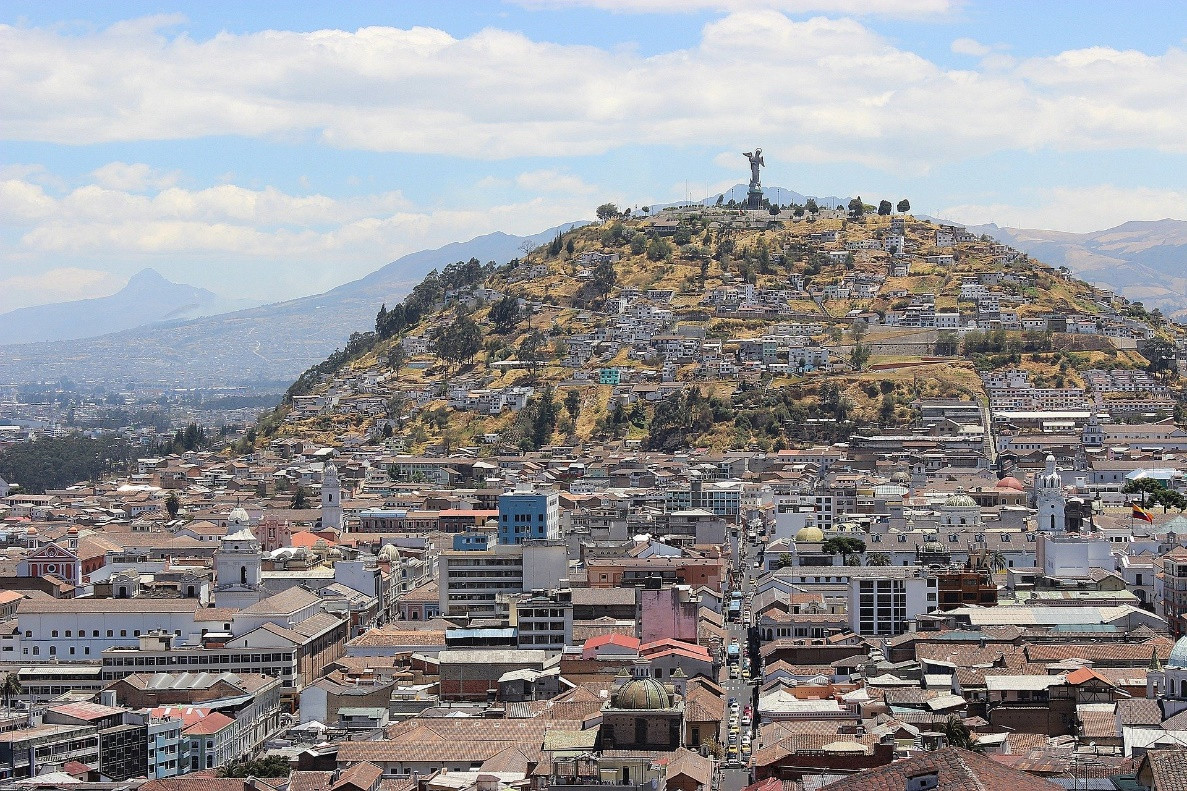
Quito’s Historic Center
The Historic Center located in the Southern center of the city of Quito is considered the best-preserved historical complex and one of the most important in South America. Known for its cultural, historical, and architectural richness, the historic center has the magic of allowing its visitors to visit the past, as you walk through its cobblestone streets and sidewalks. Musea, theaters, churches, and other buildings dating back to the 16th century, plazas, and street artists make the capital's Historic Center a must-see. Among the main attractions of downtown Quito are El Panecillo, La Ronda, La Plaza de la Independencia, and La Compañía.
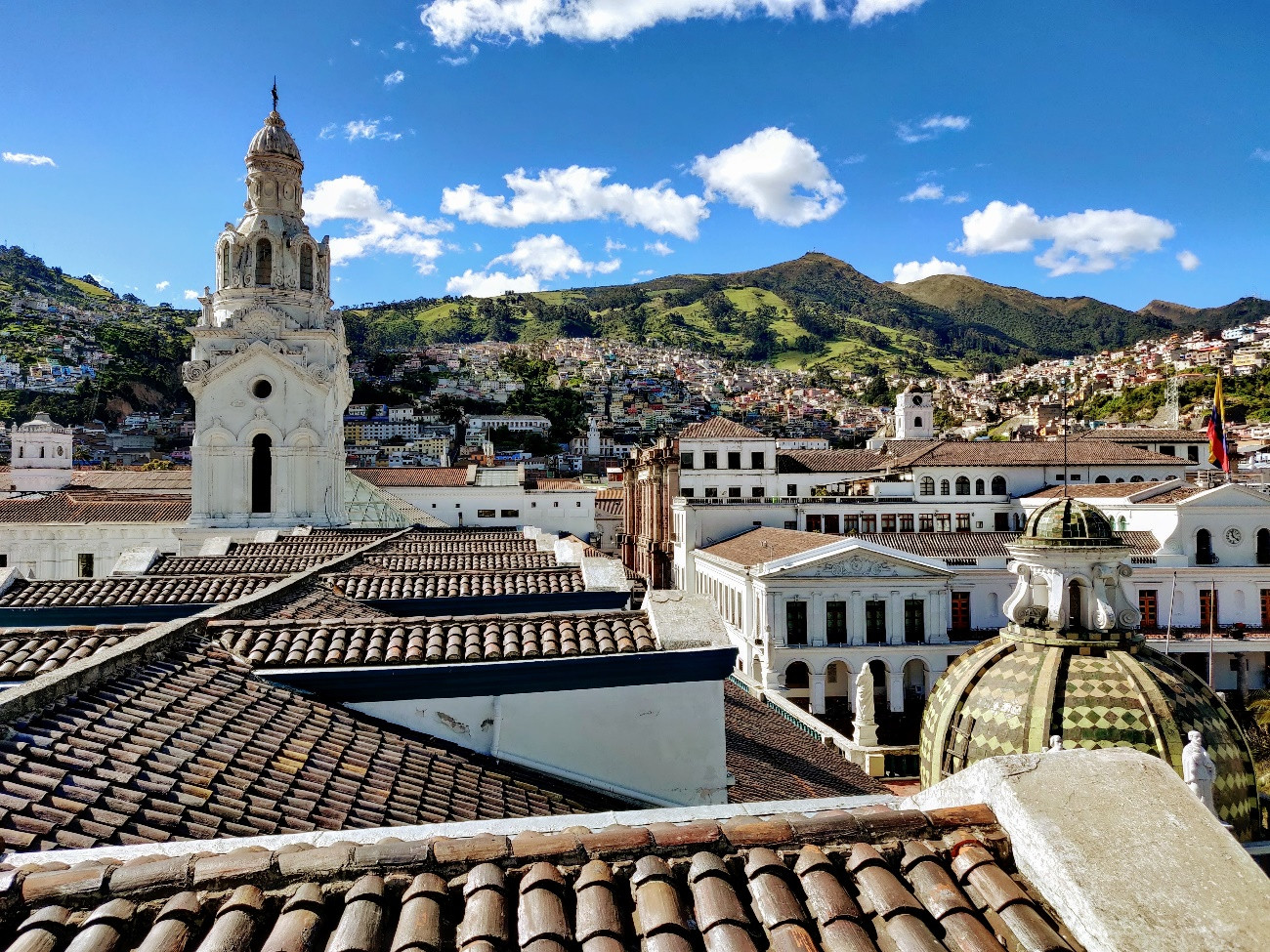
For more information about Quito:
Visit the website: https://visitquito.ec/
Video Quito | Expedia: https://www.youtube.com/watch?v=YvjDH8ElY2g
Visit Tiputini Biodiversity Station
Located in the Amazon region of Ecuador, the Tiputini Biodiversity Station (TBS) is a biological field station established in 1994 by the Universidad San Francisco de Quito in collaboration with Boston University. Situated on the north bank of the Tiputini River in front of Yasuní National Park, it is home to South America's widest variety of plants, animals, and insects. The main activities of the TBS are associated with research and education, whose main objective is based on the understanding of nature to implement appropriate and effective conservation strategies.
For more information about Tiputini:
Visit the official website: www.tiputini.com
Video Tiputini: https://www.youtube.com/watch?v=tepHWVixv8g
Email: reservastbs@usfq.edu.ec
Unique Opportunity
As participants of the 4th Plant Microbiome Symposium, you will have the unique opportunity to visit the Tiputini Biodiversity Station before or after our conference.
Potential traveling dates are:
Monday 24th of July 2026 until Friday 28th of July 2026
Friday 28th of July 2026 to Monday 31st of July 2026
Monday 7th of August 2026 until Friday 11th of August 2026
Please contact the Tiputini Team in case of questions or request availability: tbs@usfq.edu.ec
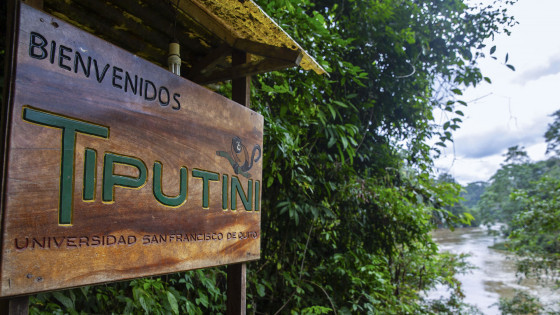
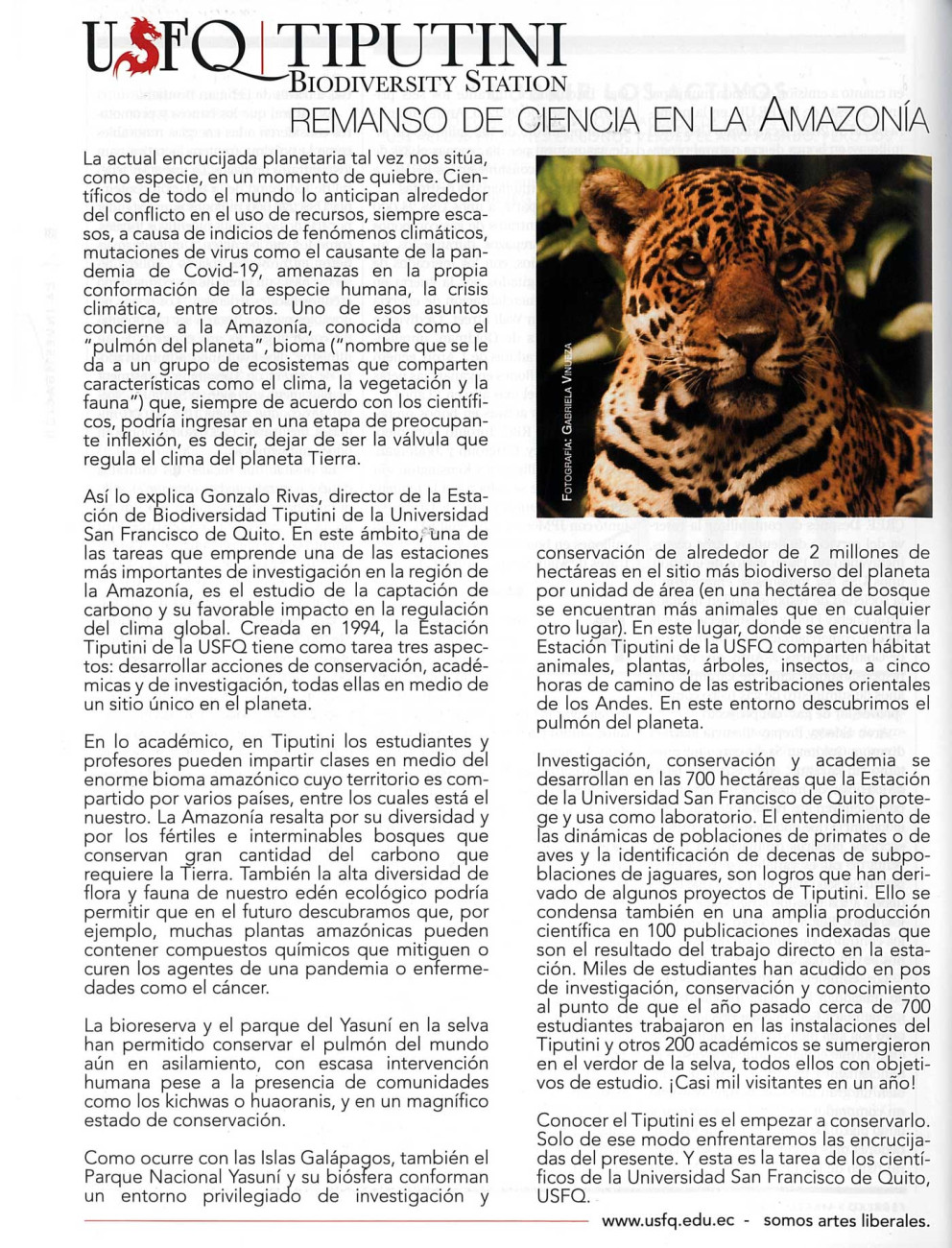
Visit the Galapagos Islands
The Galapagos Islands are an archipelago in the Pacific Ocean located 972 km off the coast of Ecuador. There are 13 large islands, 6 medium islands and around 215 smaller islets. The Galapagos Islands are the second largest marine reserve on the planet and were declared a World Heritage Site in 1978 by UNESCO. The Galapagos are known for their numerous endemic species and for the studies of Charles Darwin that led him to establish his theory of evolution by natural selection.
They are called, touristically, the Enchanted Islands, a name that the archipelago earned in the 16th century for its peculiar biodiversity of flora and fauna, inheriting the name for generations. The region was the habitat of Lonesome George, the last specimen of the Pinta giant tortoise race, which became extinct on June 24, 2012. The islands are also home to species like sea turtles, iguanas, lizards, flightless cormorants, albatrosses, sea lions and Galapagos penguins.
The Galapagos Islands are known worldwide as a natural laboratory and are a desired tourist attraction for its natural beauty. Some of the places which are high on tourist’s whislists while visiting the Galapagos Islands are: Tortuga Bay on Santa Cruz Island, Los Túneles on Isabela Island, León Dormido and La Lobería on San Cristóbal Island, Gardner Bay on Española Island, Punta Espinoza on Isla Fernandina and Sullivan Bay on Santiago Island.
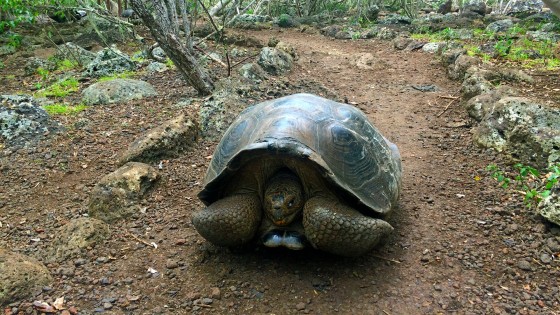
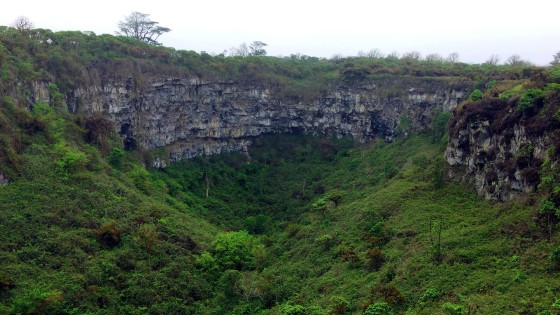
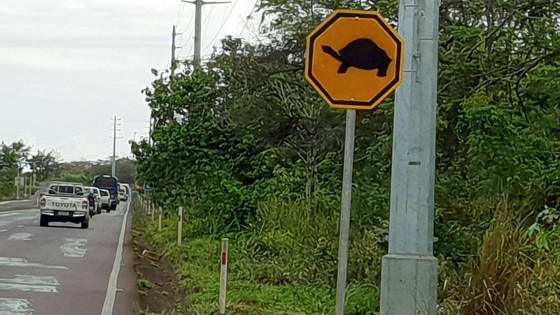
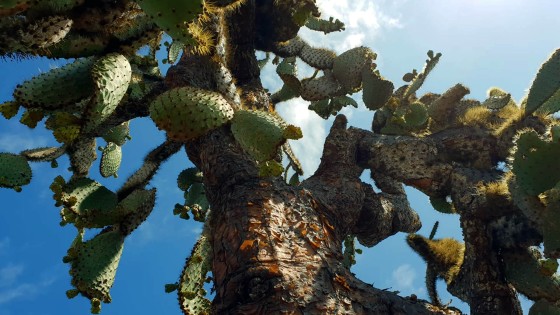
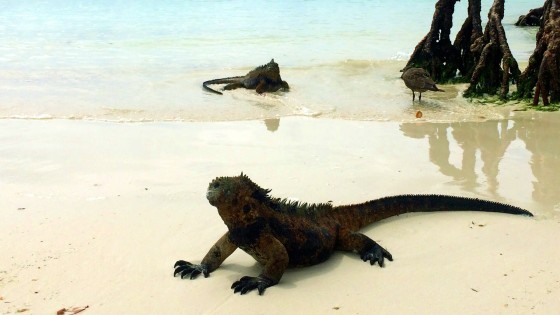
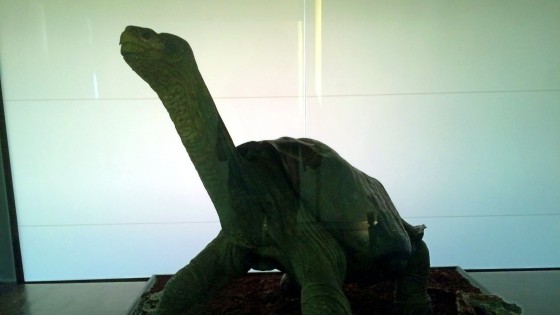
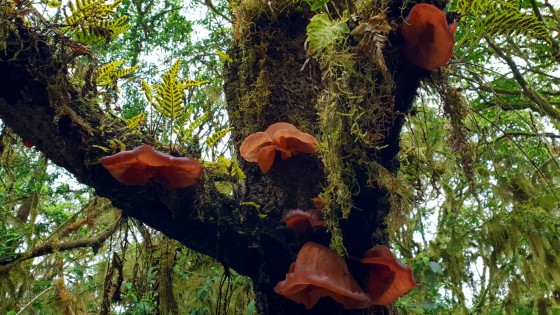
17lupinconference@iniap.gob.ec

